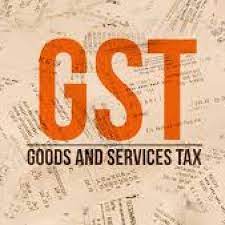In recent times, the prevalence of counterfeit bills within the Goods and Services Tax (GST) system has become a growing concern. These fraudulent bills not only disrupt the financial ecosystem but also pose significant challenges for businesses and the government. Understanding the criticality of this issue, experts emphasize the importance of swiftly detecting and reporting fake GST bills.
Recognizing Red Flags and Reporting
Identifying a fake GST bill involves meticulous scrutiny. The initial step in this process is to carefully examine the bill’s authenticity. Check for irregularities in the GST number, such as incorrect or duplicate numbers, which could indicate potential fraudulence. Additionally, verify the accuracy of the tax amounts and company details mentioned on the bill. If discrepancies or inconsistencies arise, it is crucial to report the suspicious bill promptly.
Importance of Vigilance in Transactions
Businesses and individuals engaging in financial transactions must remain vigilant and informed. Regularly conducting audits and cross-verifying GST bills against official databases can significantly reduce the risk of falling prey to counterfeit bills. By staying updated on the latest guidelines and fraud detection techniques, one can contribute to the prevention of financial irregularities within the GST framework.
Swift Reporting Measures
Upon identifying a potential fake GST bill, it is imperative to report it promptly to the appropriate authorities. Utilize the GST portal or relevant government platforms to submit a detailed report outlining the discrepancies found. This swift action not only safeguards your financial interests but also aids in maintaining the integrity of the taxation system.
Collaborative Efforts for Combatting Fraud
Efforts to combat fake GST bills require collaboration among various stakeholders. Government agencies, financial institutions, and businesses must work in tandem to implement stringent measures for identifying and preventing fraudulent activities. Emphasizing education and awareness campaigns can further empower individuals to play an active role in curbing such malpractices.
In conclusion, the detection and reporting of fake GST bills are pivotal in preserving the transparency and efficiency of financial transactions. By adopting a vigilant approach, staying informed, and promptly reporting suspicious activities, individuals and businesses contribute significantly to upholding the integrity of the GST system and mitigating financial risks.
Remember, diligence in scrutinizing bills and swift reporting serve as the cornerstone in combating counterfeit activities within the GST framework.























